Serving Size: .5 ml;
Servings Per Bottle: 120;
Bottle Color: Blue;
Bottle Size: 2 oz (60 ml);
Lid Color: Black

* These statements have not been evaluated by the Food and Drug Administration. This product is not intended to diagnose, treat, cure or prevent any disease.
| Formula Purposes & Benefits |
| Prime Time’s African Mango Liquid Burn is a natural thermogenic aid that can support fat burning during exercise, healthy cholesterol levels, healthy inflammation response, and immune health. Our formula utilizes 11 herbs, amino acids, vitamins, and superfoods in a powerful combination resulting in a world class formula. Our formula utilizes evidence based efficacious dosages of ingredients to take your weight loss, exercise performance, and health to the next level.
|
| Formula Ingredient Deck | Benefits Of Each Ingredient |
| L-Arginine | ● Natural vasodilator precursor to increased nitric oxide levels (1).
● Supports immune function by maturation of the T cell (immune cell) receptor zeta (TCR) (2.)
● Improves exercise performance via increased stroke volume (blood flow) and increased nutrient delivery to exercising muscle. (3).
● Reduces arterial blood pressure, insulin resistance, and supports fat lipolysis (fat burning) (4).
|
| L-Ornithine |
● Supports cardiovascular health and exercise performance by increasing production of l-arginine (5).
● L-Ornithine supports kidney health and protein metabolism by converting ammonia (toxic by product of protein metabolism) into urea in urine (5). ● Reduces stress hormone (cortisol) and improves sex hormone profile via increase in DHEA (sex hormone precursor) (6). ● Improves perceived mood, sleep quality, and decreased subjective feelings derived from stress (5).
|
| African Mango | ● Supports appetite regulation (7).
● Reduces leptin hormone and supports improved blood glucose levels (7).
● Supports reduction of total cholesterol, body fat, and plasma glucose (blood sugar) (7).
● Supports healthy inflammatory response by reducing c-reactive protein (inflammation levels) in the body (7).
|
| L-Carnitine | ● Improves fat burning (oxidation) by shuttling triglycerides into the mitochondria for fat metabolism (8).
● Improves cognitive decline associated with Alzheimer’s disease by increasing l-carnitine as a fuel source for the brain (8).
● Improves fat burning(oxidation) in muscle tissue during exercise (8).
● The precursor to acetylcholine (8).
● Improves memory by increasing hippocampal volume associated with fatty acid oxidation (fat burning) (8). |
| Niacin (Vitamin B3) | ● Major B vitamin that supports cardiovascular health by inhibiting hepatic(liver) triglyceride synthesis, reducing very-low-density lipoprotein (VLDL) secretion and increasing HDL plasma concentrations (9).
● Reduces conversion of VLDL into LDL proteins and serum lipoprotein concentrations in plasma (blood) (9).
● Vital for regulation of gene expression, cell cycle progression, and DNA repair, and cell death (9).
● Supports healthy inflammatory response via antioxidant and anti-apoptotic (prevention of cell death) properties (9).
● Prevents pathologies(diseases) such as Pellagra and reduces the prevalence of nervous anorexia, cancer, and Crohn’s disease (10, 11).
● Supports sensitization of tumors to radiation via apoptosis (cell death) cascade of the tumor mass and improves oxygen delivery to malignant tissues (cancer cells) (12).
● Supports cognitive health by reducing the age-related decline of NAD+, increasing quinolinic acid, and reducing neuroinflammation (9).
● Increased niacin-associated NAD+ levels have been shown to increase neurotransmission, learning, and memory (9).
● Niacin reduces the prevalence of neurodegenerative pathologies by preventing mitochondrial dysfunction (9).
|
| Macca Root | ● Supports female hormonal health via increased sex drive, improved post-menopausal symptoms, and improved sexual desire (13).
● Increases luteinizing hormone (LH) production and reduced severity of menstruation (13).
● Increases sperm count in males via androgenic mechanisms associated with free testosterone increase (13).
|
| Beta-Alanine
|
● Improves exercise performance, increases nutrient delivery to exercising muscle, and reduces lactate associated neurological exercise fatigue (15).
● Reduces carnosine (muscle acidity) levels and acts as an intramuscular ph buffer (15).
● Reduces lactate “burn” associated fatigue during extreme exercise (15). |
| Astragalus | ● Supports immune health, improves blood sugar regulation, and reduces inflammatory markers seen in gastrointestinal chronic diseases (16).
● Improves insulin resistance by reduction of inflammatory blood markers, increasing glucose uptake by exercising skeletal muscle, and improving glycogen (storage form of carbohydrates) synthesis (17).
|
| L-Glutamine | ● most abundant amino acid in skeletal muscle that fuels immune cells, improves exercise recovery and optimizes gut microbiome (18).
● Vital for lymphocyte (immune cell) proliferation (growth) and paramount in neutrophil (immune cell) destruction of bacteria (18).
● Vital for activation of genetic signals that support immune function and vitality (18).
● Glutamine is utilized by immune cells at high rates during catabolic conditions (post-surgery, sepsis, burns, and extreme exercise (18).
|
| Pygeum Africanum
|
● Supports healthy testosterone levels, improves prostate health, and reduces chronic inflammation (19). |
| Proper Use of This Supplement |
|
Adults take 10 drops, 3 times per day, or as directed by a health care professional. Place drops under the tongue. For children under 12 years of age, consult a physician before use.
|
| Our Formula Vs Other Formulas In The Market | |
| 1. Uses third-party independently tested ingredients that are made in the USA, GMP certified and made in an FDA registered facility.
|
1. Uses third-party independently tested ingredients that are made in the USA, GMP certified and made in an FDA registered facility. |
| 2. Utilizes quality evidence-based thermogenic aids.
|
2. Uses very low dosages of thermogenic aids comprising mostly fillers. |
| 3. Contains high quality thermogenic agents in an evidence based formula.
|
3. Contains unnecessary cheap/ toxic ingredients in a liquid formula. |
Sources:
- Sureda, A., & Pons, A. (2012). Arginine and citrulline supplementation in sports and exercise: ergogenic nutrients?. Medicine and sport science, 59, 18–28. https://doi.org/10.1159/000341937
- Szefel, J., Danielak, A., & Kruszewski, W. J. (2019). Metabolic pathways of L-arginine and therapeutic consequences in tumors. Advances in medical sciences, 64(1), 104–110. https://doi.org/10.1016/j.advms.2018.08.018
- Rodrigues-Krause, J., Krause, M., Rocha, I., Umpierre, D., & Fayh, A. (2018). Association of l-Arginine Supplementation with Markers of Endothelial Function in Patients with Cardiovascular or Metabolic Disorders: A Systematic Review and Meta-Analysis. Nutrients, 11(1), 15. https://doi.org/10.3390/nu11010015
- Hu, S., Han, M., Rezaei, A., Li, D., Wu, G., & Ma, X. (2017). L-Arginine Modulates Glucose and Lipid Metabolism in Obesity and Diabetes. Current protein & peptide science, 18(6), 599–608. https://doi.org/10.2174/1389203717666160627074017
- Sugino, T., Shirai, T., Kajimoto, Y., & Kajimoto, O. (2008). L-ornithine supplementation attenuates physical fatigue in healthy volunteers by modulating lipid and amino acid metabolism. Nutrition research (New York, N.Y.), 28(11), 738–743. https://doi.org/10.1016/j.nutres.2008.08.008
- Sivashanmugam, M., J, J., V, U., & K N, S. (2017). Ornithine and its role in metabolic diseases: An appraisal. Biomedicine & pharmacotherapy = Biomedecine & pharmacotherapie, 86, 185–194. https://doi.org/10.1016/j.biopha.2016.12.024
- Ngondi, J. L., Etoundi, B. C., Nyangono, C. B., Mbofung, C. M., & Oben, J. E. (2009). IGOB131, a novel seed extract of the West African plant Irvingia gabonensis, significantly reduces body weight and improves metabolic parameters in overweight humans in a randomized double-blind placebo controlled investigation. Lipids in health and disease, 8, 7. https://doi.org/10.1186/1476-511X-8-7
- Ferreira, G. C., & McKenna, M. C. (2017). L-Carnitine and Acetyl-L-carnitine Roles and Neuroprotection in Developing Brain. Neurochemical research, 42(6), 1661–1675. https://doi.org/10.1007/s11064-017-2288-7
- Gasperi, V., Sibilano, M., Savini, I., & Catani, M. V. (2019). Niacin in the Central Nervous System: An Update of Biological Aspects and Clinical Applications. International journal of molecular sciences, 20(4), 974. https://doi.org/10.3390/ijms20040974
- Gentilcore D. (2016). Louis Sambon and the Clash of Pellagra Etiologies in Italy and the United States, 1905-14. Journal of the history of medicine and allied sciences, 71(1), 19–42. https://doi.org/10.1093/jhmas/jrv002
- Kirkland J. B. (2009). Niacin status and treatment-related leukemogenesis. Molecular cancer therapeutics, 8(4), 725–732. https://doi.org/10.1158/1535-7163.MCT-09-0042
- Hoskin, P., Rojas, A., & Saunders, M. (2009). Accelerated radiotherapy, carbogen, and nicotinamide (ARCON) in the treatment of advanced bladder cancer: mature results of a Phase II nonrandomized study. International journal of radiation oncology, biology, physics, 73(5), 1425–1431. https://doi.org/10.1016/j.ijrobp.2008.06.1950
- Dording, C. M., Schettler, P. J., Dalton, E. D., Parkin, S. R., Walker, R. S., Fehling, K. B., Fava, M., & Mischoulon, D. (2015). A double-blind placebo-controlled trial of maca root as treatment for antidepressant-induced sexual dysfunction in women. Evidence-based complementary and alternative medicine : eCAM, 2015, 949036. https://doi.org/10.1155/2015/949036
- Pu, W. L., Zhang, M. Y., Bai, R. Y., Sun, L. K., Li, W. H., Yu, Y. L., Zhang, Y., Song, L., Wang, Z. X., Peng, Y. F., Shi, H., Zhou, K., & Li, T. X. (2020). Anti-inflammatory effects of Rhodiola rosea L.: A review. Biomedicine & pharmacotherapy = Biomedecine & pharmacotherapie, 121, 109552. https://doi.org/10.1016/j.biopha.2019.109552
- Trexler, E. T., Smith-Ryan, A. E., Stout, J. R., Hoffman, J. R., Wilborn, C. D., Sale, C., Kreider, R. B., Jäger, R., Earnest, C. P., Bannock, L., Campbell, B., Kalman, D., Ziegenfuss, T. N., & Antonio, J. (2015). International society of sports nutrition position stand: Beta-Alanine. Journal of the International Society of Sports Nutrition, 12, 30. https://doi.org/10.1186/s12970-015-0090-y
- Auyeung, K. K., Han, Q. B., & Ko, J. K. (2016). Astragalus membranaceus: A Review of its Protection Against Inflammation and Gastrointestinal Cancers. The American journal of Chinese medicine, 44(1), 1–22. https://doi.org/10.1142/S0192415X16500014
- Zhang, Z., Zhang, L., & Xu, H. (2019). Effect of Astragalus polysaccharide in treatment of diabetes mellitus: a narrative review. Journal of traditional Chinese medicine = Chung i tsa chih ying wen pan, 39(1), 133–138.
- Cruzat, V., Macedo Rogero, M., Noel Keane, K., Curi, R., & Newsholme, P. (2018). Glutamine: Metabolism and Immune Function, Supplementation and Clinical Translation. Nutrients, 10(11), 1564. https://doi.org/10.3390/nu10111564
- Salinas-Casado, J., Esteban-Fuertes, M., Carballido-Rodríguez, J., & Cozar-Olmo, J. M. (2020). Review of the experience and evidence of Pygeum africanum in urological practice. Revisión sobre la experiencia y evidencias del Pygeum africanum en Urología. Actas urologicas espanolas, 44(1), 9–13. https://doi.org/10.1016/j.acuro.2019.08.002
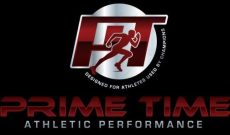
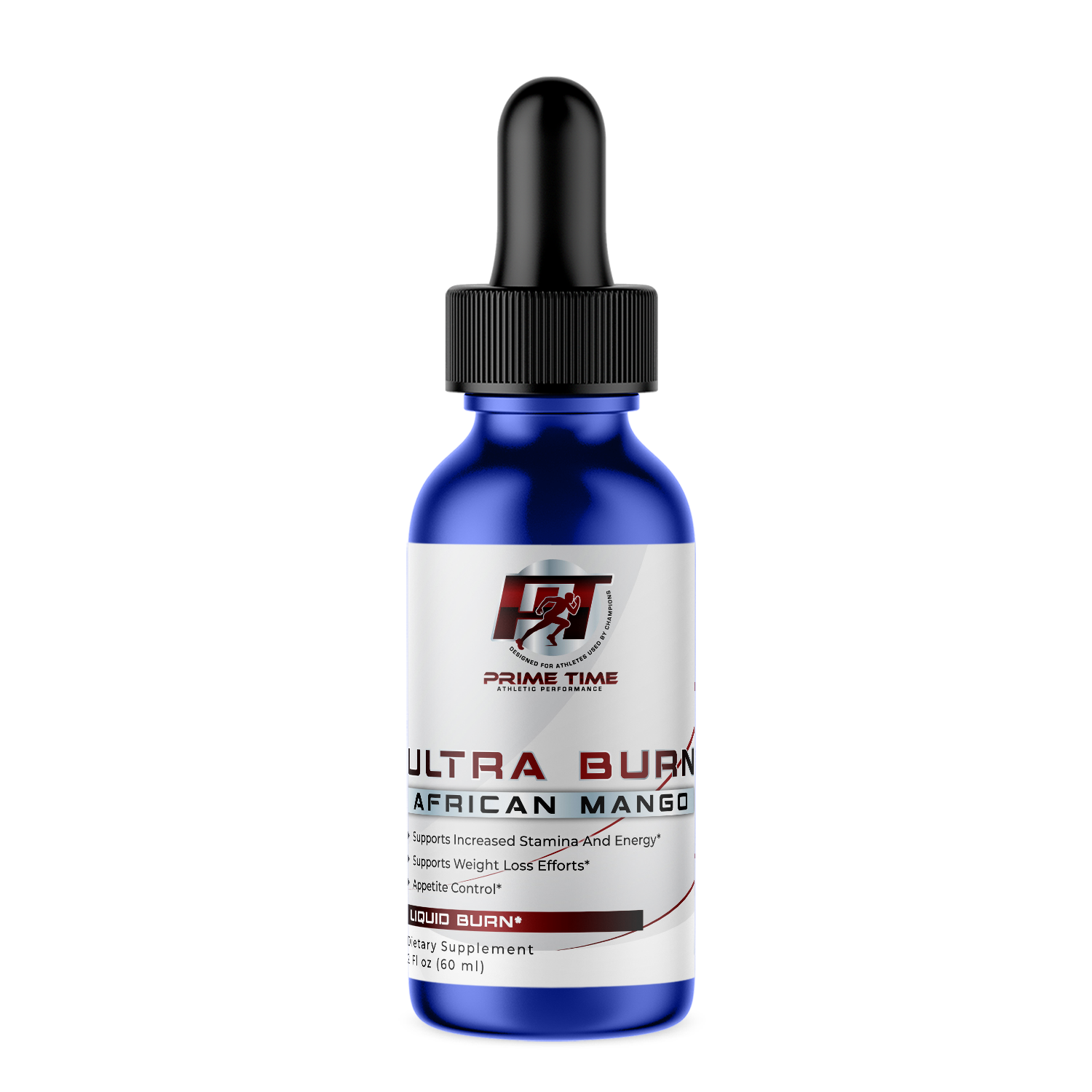
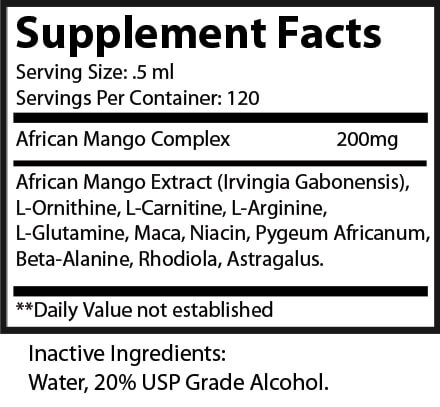
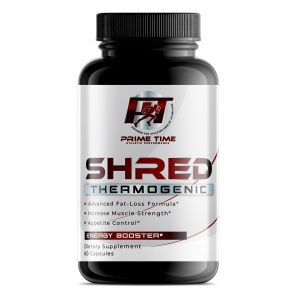
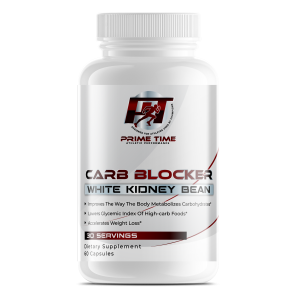
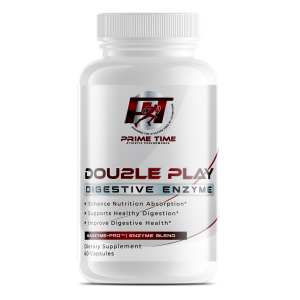
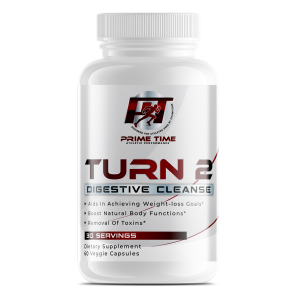
Reviews
There are no reviews yet.